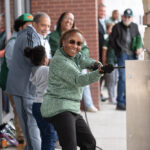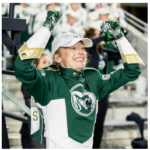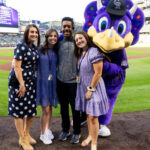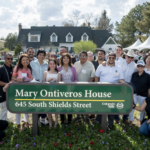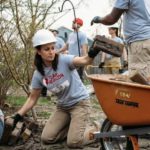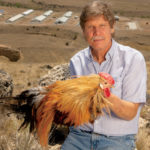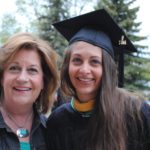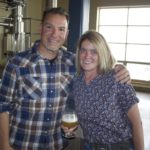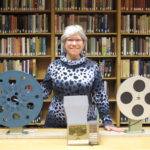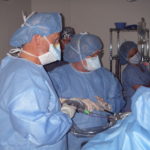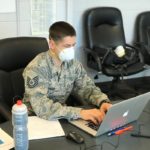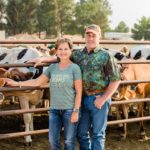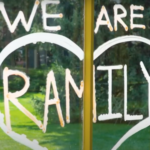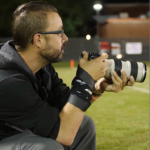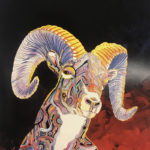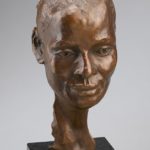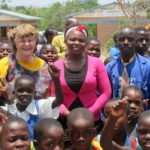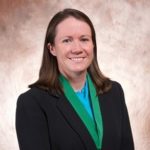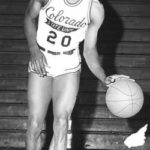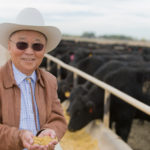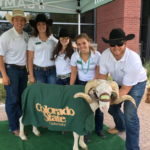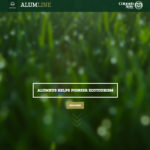Veterinary medicine is in transition. Pet ownership in the United States is at an all-time high creating a greater demand for services. At the same time, career options for Doctors of Veterinary Medicine are also growing, especially in the areas of public health and translational medicine, which seeks to better connect medical research with clinical treatment.
“Veterinarians have a unique skill set,” said Rebecca Ruch-Gallie (D.V.M., ’99; M.S., ’02), an associate professor of clinical sciences in the College of Veterinary Medicine and Biomedical Sciences at Colorado State University. “They can go into private practice or general practice but also into specialty services [such as surgery, cardiology, and dentistry], public health policy, government regulation, and wildlife conservation. There are just so many needs for veterinarians.”
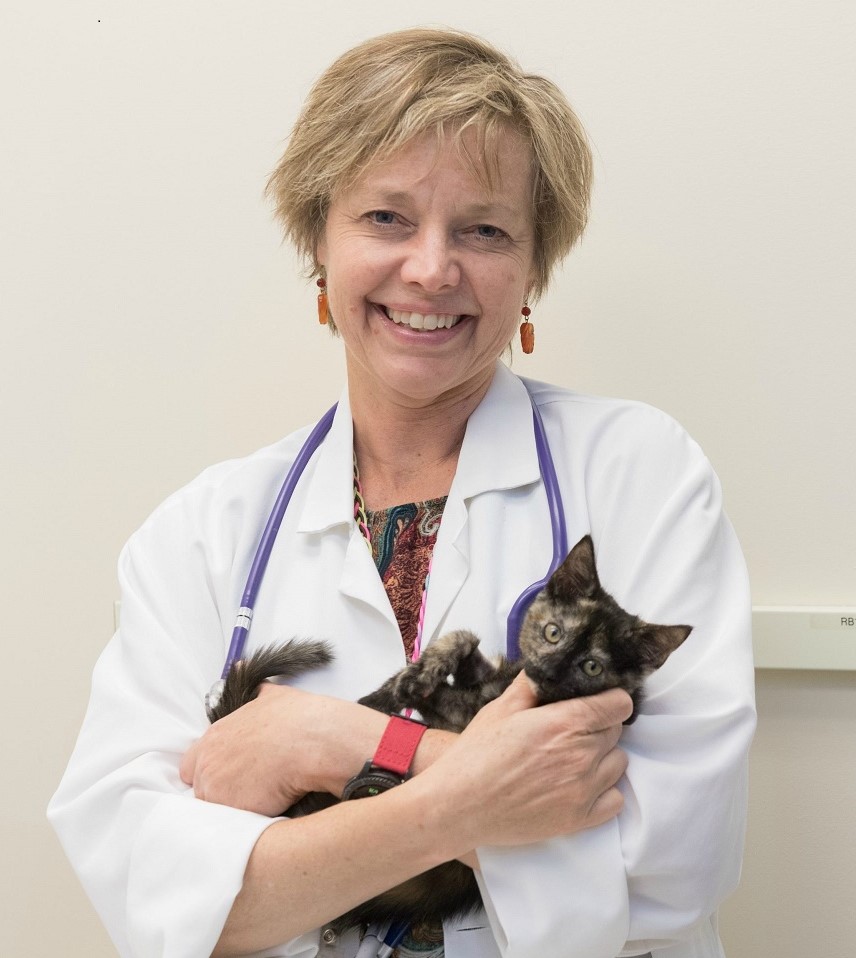
There’s no easy solution to producing more graduates quickly but continuous improvements are closing some of the gaps. For the past 23 years, Ruch-Gallie, who is often referred to by her students as “Dr. RG,” has been working with Professor Mike Lappin (Ph.D., ’07) to better prepare veterinary students to be well-rounded general practitioners capable of managing the wide variety of daily challenges presented at clinics. Since 2000, she has worked alongside a great team of colleagues as the service chief for community practice.
“Clients are demanding more of their general practitioners – their expectations are high for us and rightly so,” said Ruch-Gallie. “A generalist needs to integrate all their skills and have a working knowledge of specializations to help their clients and know when to refer them for an extra level of care.”
The industry term now being used to describe that is “spectrum of care” or “contextualized care,” which means meeting the needs of the animal and the client given the circumstances in which they live.
Overseen by faculty members, students in the small animal track receive first-hand experience working directly with incoming clients and their pets at the college’s James L. Voss Veterinary Teaching Hospital. They manage a full range of cases from start to finish providing wellness care, treating minor injuries, performing elective surgeries (such as spays and neuters), etc.
The community practice service provides a real-world laboratory for students to gain experience in a functioning veterinary practice. It is now recognized nationally as one of the premier programs in the country, and for her role in helping establish and operate it, Ruch-Gallie was named Veterinarian of the Year in 2018 by the Colorado Veterinary Medical Association.
Students also receive additional training by participating in monthly street clinics with the Street Dog Coalition, an organization that cares for people experiencing homelessness and their pets. “Veterinarians are in communities,” said Ruch-Gallie. “We’re looking at the interactions between animals and people, and seeing how we can make sure that everybody is staying as healthy as possible.”
Throughout the academic year, Ruch-Gallie spends 30 weeks seeing patients on the clinical floor with students. She also teaches some of the small animal preventive medicine coursework, the introduction to animal shelter medicine, and serves as a coach for the college’s communication curriculum.
Teaching and veterinary medicine are clearly her calling, but Ruch-Gallie’s career could have gone in a very different direction.
Taking a Fork in the Road
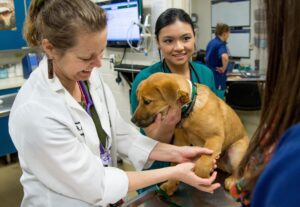
As a high school student in the suburbs of Chicago, Ruch-Gallie worked for a local veterinary clinic helping in the kennel but quickly moved into the operating room assisting veterinarians with surgeries and working in their emergency clinic at night. “I was like, ‘This is it. This is what I want to do.’”
Ruch-Gallie started working on a bachelor of science degree in animal science at Cornell College in Mount Vernon, Iowa, but got the travel bug and decided to leave the Midwest to attend Oregon State University in Corvallis, Oregon. After a year in the Pacific Northwest, she returned and began attending the University of Illinois-Urbana Champaign, but soon became disillusioned by other pre-veterinary medicine students who seemed more invested in making money than caring for animals.
That’s when she became a server in restaurants to support herself. She is a foodie and was good at bartending and managing too, and the experience opened an alternative career path for her. Although Ruch-Gallie’s career aspirations were strained at UI, it is where she met her future husband, Keith Gallie, who was earning an engineering degree in computer science.
She continued to work in the food service industry and even took some supplemental business courses at community colleges while he finished his degree, and did the same after they graduated and moved to Miamisburg, Ohio, a suburb of Dayton, where he became a programmer with NCR Corp.
Less than two years later, the couple was able to relocate to Colorado Springs, where Ruch-Gallie worked in restaurant management, at one point temporarily relocating to Albuquerque, New Mexico, to be the opening manager for a new fine dining restaurant.
Holding on to the Dream
Although she enjoyed her time in the food service industry, Ruch-Gallie had a steadfast desire to be a veterinarian. “It wasn’t so much not wanting to work in restaurants but asking what I want out of my life and really going for it.”
She wanted to study veterinary medicine at CSU and in 1989 her husband was able to transfer to Fort Collins with NCR (his division later became Symbios Logic). Before being admitted into CVMBS, though, Ruch-Gallie partnered with Dr. Mo Salman and a veterinarian working on her Ph.D. on an immunodeficiency syndrome study in lamas, which led to another project studying pet populations in U.S. animal shelters. That experience motivated her to earn a master’s in epidemiology and animal shelter medicine.
She also spent a year earning her teaching certificate from CSU’s School of Education and taught secondary science. “What really makes me happy is teaching,” said Ruch-Gallie. “I realized that in all my experience in the restaurant business, anytime that I was a manager, and even when I first worked in vet clinics, one of the things I enjoyed doing the most was teaching and guiding other people to be the best that they could be.”
Veterinary students at CSU are benefiting in countless ways from Ruch-Gallie’s wealth of life and work experience. “My philosophy has been to live in the moment and learn from everybody,” she said. “It’s really about being open to possibilities and staying curious.”




